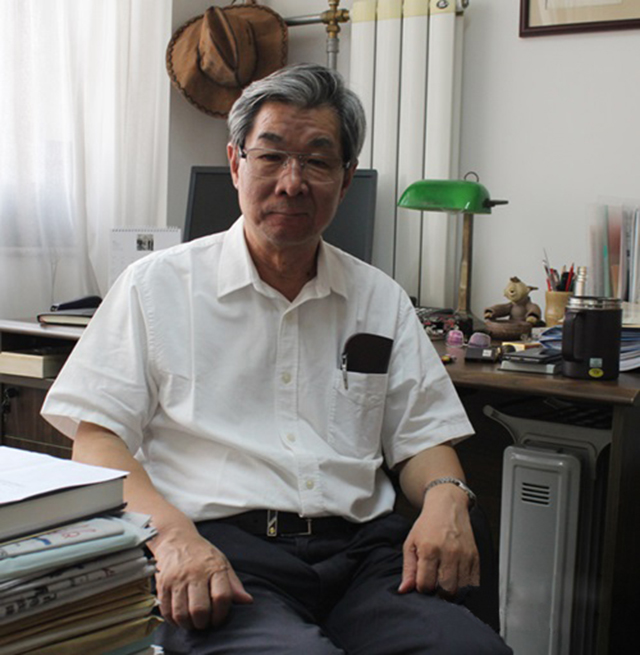

Xuzhou Han Culture Academic
Submit
【XU BO】Maximum daily capacity: 10,000 person-times Instantaneous capacity: 2,500 person-times
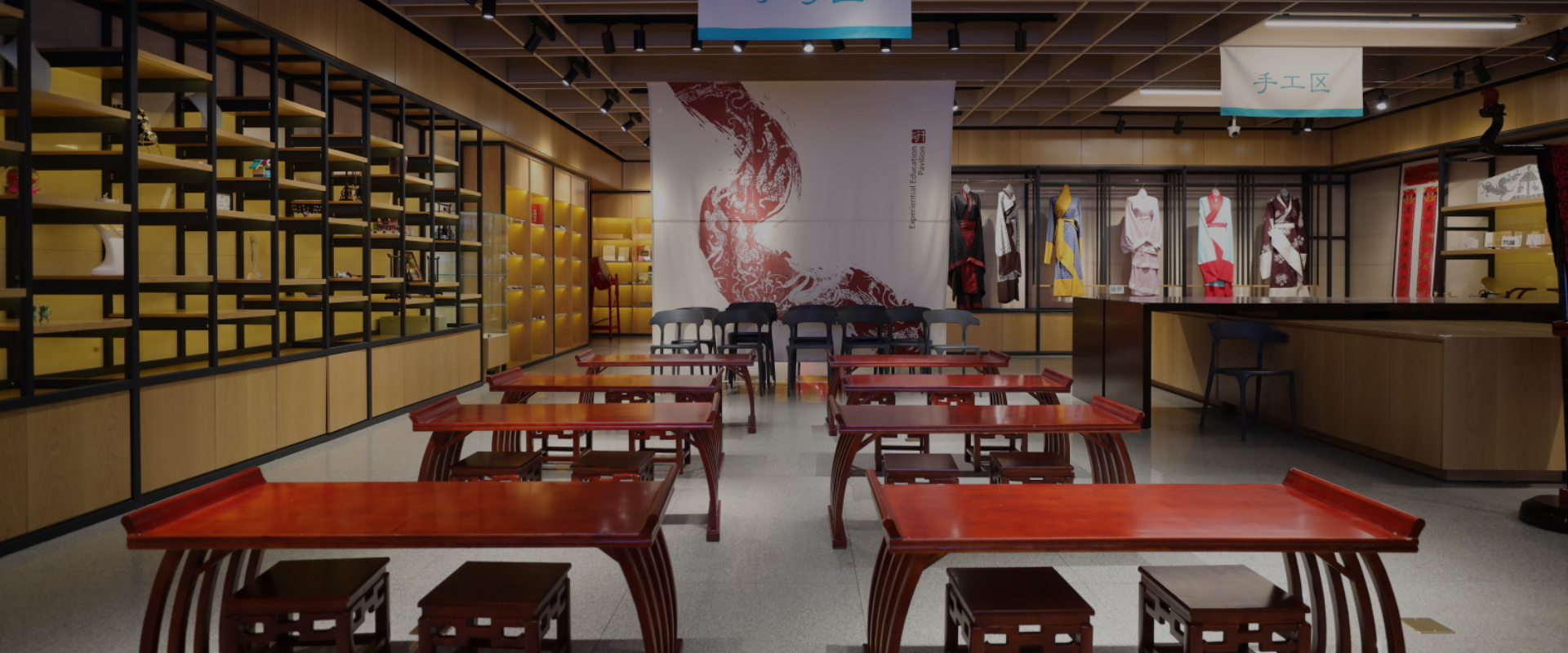
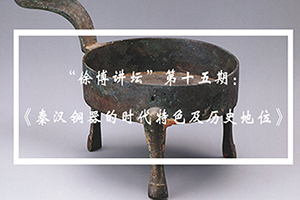
Activity time:2017/11/21 9:30:00
Activity location:Academic Lecture Hall of Xuzhou Museum
Age requirement:no age limit
Introduction:
In the long history of human society, the age of using bronze weapons and tools is called the Bronze Age.
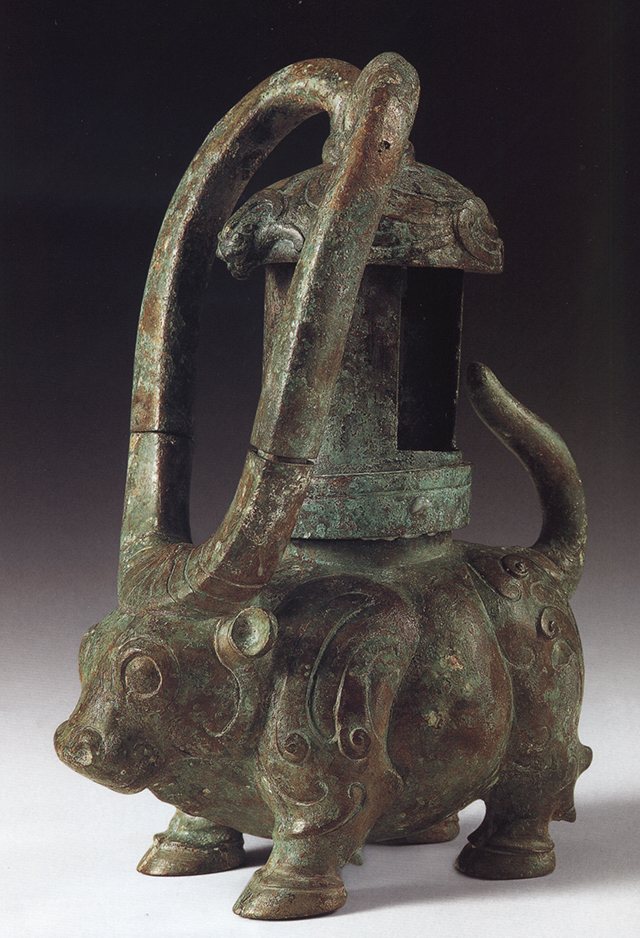
The bronze pieces found in the Yangshao Cultural Site about 7000 years ago indicate that humans have gradually come to know bronze and entered a long period of accumulation of bronze technology and experience.
Starting from the Erlitou culture around 2000 BC, with the emergence of the country, China entered the Bronze Age. Since then, the Xia, Shang, and Zhou dynasties, especially in the late Shang and early Western Zhou dynasties, China's bronze casting technology and its derived etiquette hierarchy have reached their peak.
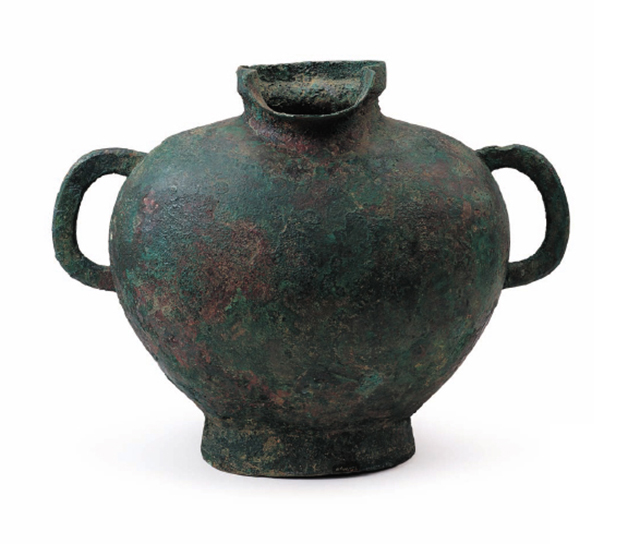
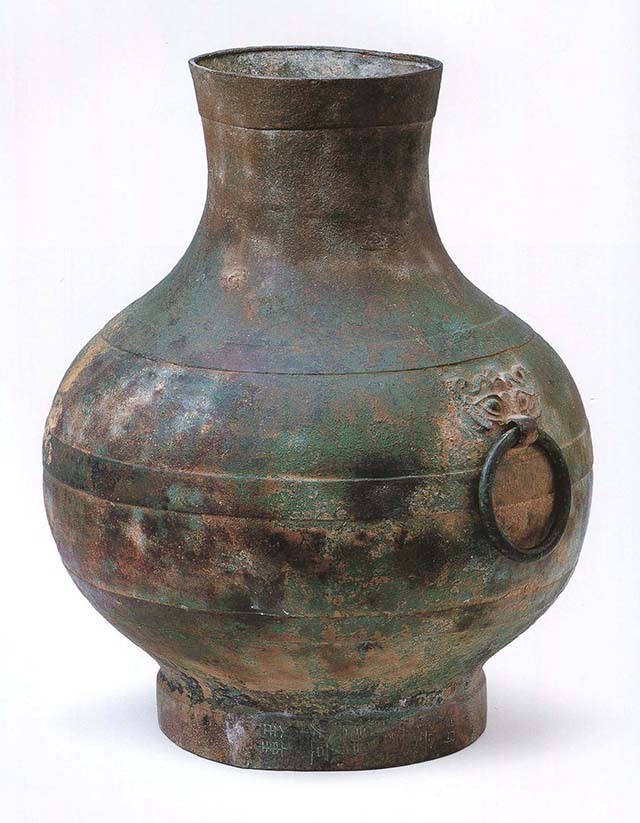
In the Qin-Han dynasties around 2000 years ago, the iron smelting industry gradually flourished and iron became the main production tool. However, during this period, existing archeological materials show that bronzes still appeared in large numbers in ruins and tombs. What are the characteristics of the bronzes during the Qin-Han Dynasties and their historical status in the history of Chinese bronze civilization?
Please focus "Forum of Xuzhou Museum" Phase 15.
Speaker profile:
Bai Yunxiang
As former deputy director and researcher of the Institute of Archaeology, Chinese Academy of Social Sciences; Ph.D. in history, Shandong University, doctoral tutor; academician of the German Archaeological Institute, his main research directions are Qin-Han archeology, handicraft archeology, archeological research on Chinese and foreign cultural exchanges, etc.
In the 1980s, he has been engaged in field archaeological surveys and excavations for a long time. In the late 1990s, he worked for an archeological magazine. In 2001, he was the deputy director of the Institute of Archaeology, Chinese Academy of Social Sciences. He has been invited to Japan, South Korea, Australia, the United States, Canada, Turkey, Portugal, Belgium, Mongolia, Hungary and other countries, as well as Hong Kong, Macao and Taiwan to participate in international academic conferences, exchanges or lectures.
He has published more than 100 academic papers and monographs at home and abroad.
